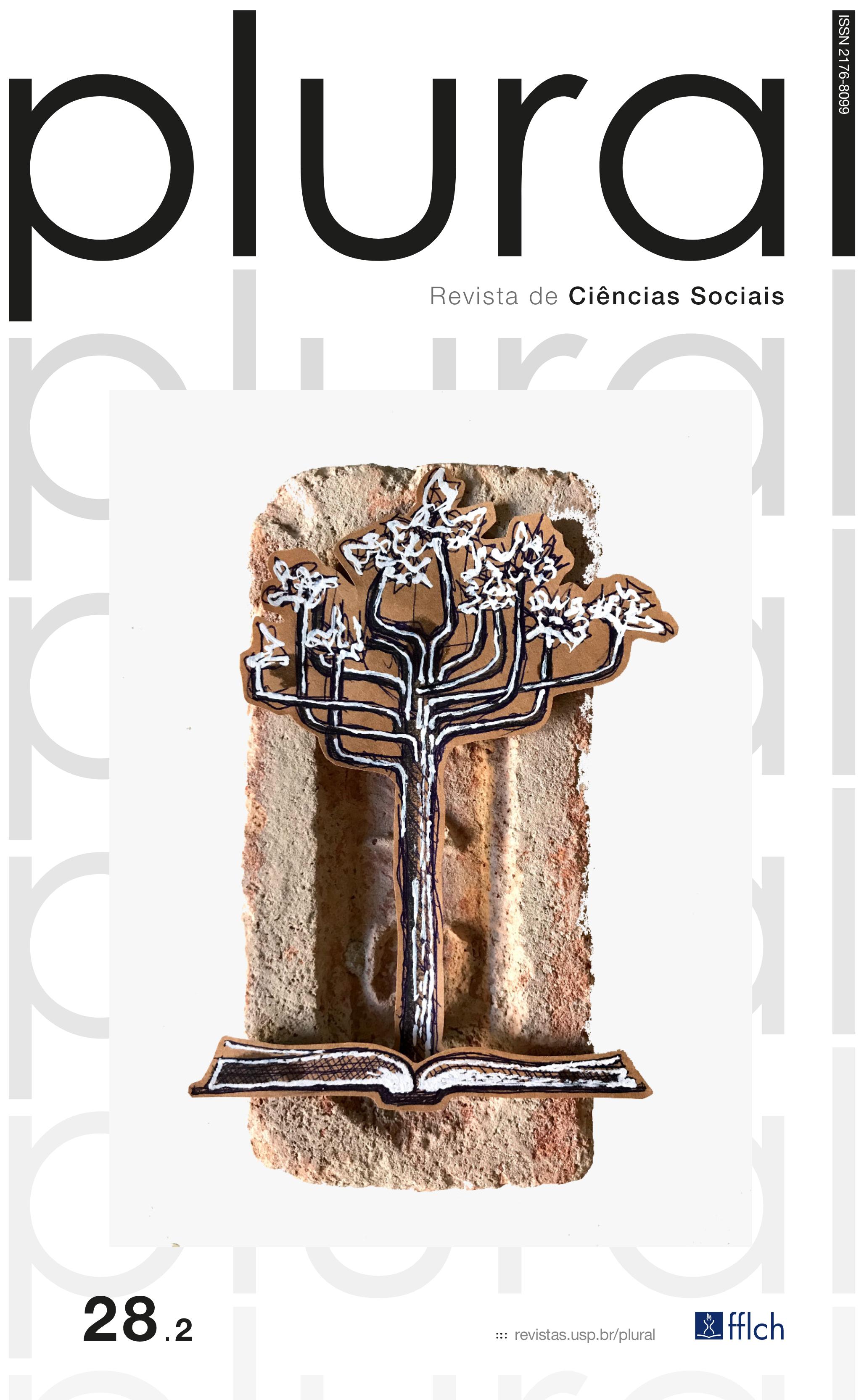Da opressão à independência. A filosofia do amor em O Segundo Sexo [Autora: Manon Garcia]
“De l’oppression à l’indépendance. La philosophie de l’amour dans Le Deuxième Sexe [Autora: Manon Garcia]
DOI:
https://doi.org/10.11606/issn.2176-8099.pcso.2021.193514Palavras-chave:
filosofia do amorResumo
Neste ensaio, Manon Garcia analisa o lugar da filosofia do amor no argumento geral de Simone de Beauvoir sobre a opressão feminina e defende que, embora o amor pareça desempenhar um papel secundário n’O Segundo Sexo, ele tem papel fundamental para responder à pergunta “o que é uma mulher?”. Garcia defende que o amor é central para a análise que Beauvoir faz da opressão das mulheres, na medida em que constitui o fundamento ideológico da objetificação das mulheres e estrutura as ambiguidades das experiências vividas da opressão. Ao mesmo tempo, Garcia aponta que, para Beauvoir, o amor pode ser um recurso para a emancipação das mulheres no nível individual.
Downloads
Referências
BAUER, Nancy (2001a). Being with as Being-against: Heidegger meets Hegel in The Second Sex. Continental Philosophy Review, vol. 34.
BAUER, Nancy (2001b). Simone de Beauvoir, Philosophy, and Feminism. New York City: Columbia University Press.
BEAUVOIR, Simone de (1983). Lettres à Sartre, Paris: Gallimard.
BEAUVOIR, Simone de (1986a). Le deuxième sexe, vol. I. Collection Folio essais. Paris: Gallimard.
BEAUVOIR, Simone de (1986b).Le deuxième sexe, vol. II. Collection Folio essais. Paris: Gallimard.
BEAUVOIR, Simone de (1997). Lettres à Nelson Algren. Un amour transatlantique (1947-1964). Paris: Gallimard.
BEAUVOIR, Simone de (2008). Cahiers de Jeunesse (1926-1930). Paris: Gallimard.
BEAUVOIR, Simone de (1960).La Force de l’âge.Paris, Gallimard.
BEAUVOIR, Simone de; BOST, Jacques-Laurent (2004). Correspondance croisée. Paris: Gallimard.
CLEARY, Skye (2017).“Simone de Beauvoir on Love”. In: GRAU, Christopher e SMUTS, Aaron (org).The Oxford Handbook of Philosophy of Love. Oxford: Oxford University Press.
HEINÄMAA, Sara (2006). “‘Through Desire and Love’: Simone de Beauvoir on the Possibilities of Sexual Desire”. In: MORTENSEN, Ellen. Sex, Breath, and Force. Sexual Difference in a Post-Feminist Era.Oxford: Lexington Books.
KIRKPATRICK, Kate (2019). Becoming Beauvoir: A Life. London: Bloomsbury.
KLAW, Barbara (1997). Desire, Ambiguity, and Contingent Love: Simone de Beauvoir, Sexuality, and Self-Creation, or What Good is Man Anyway?. Symposium: A Quarterly Journal in Modern Literatures, Vol. 51, Nº2.
LACAZE, Marguerite (2015). “The Time of Possible and Impossible Reciprocity: Love and Hate in Simone de Beauvoir”. In: ENNS, Diane; CALCAGNO, Antonio (org.). Thinking About Love: Essays in Contemporary Continental Philosophy. University Park: Pennsylvania State University Press.
LAMBLIN, Bianca (1993). Mémoires d’unejeune fille dérangée. Paris: Balland.
LUNDGREN-GOTHLIN, Eva (1991). Sexe et Existence. La philosophie de Simone de Beauvoir. Paris: Éditions Michalon.
MCMULLIN, Irene (2011). Love and Entitlement: Sartre and Beauvoir on the Nature of Jealousy. Hypatia, Vol. 26, Nº1.
PETTERSEN, Tove (2017). “Love According to Simone de Beauvoir” in HENGEHOLD, Laura; BAUER, Nancy (org.).A Companion to Simone de Beauvoir. Oxford: Wiley and Sons.
Publicado
Edição
Seção
Licença
Copyright (c) 2021 Política de direitos compartilhados

Este trabalho está licenciado sob uma licença Creative Commons Attribution-NonCommercial-ShareAlike 4.0 International License.
Ao submeter seu trabalho à Plural, o autor concorda que: o envio de originais à revista implica autorização para publicação e divulgação, ficando acordado que não serão pagos direitos autorais de nenhuma espécie. Uma vez publicados os textos, a Plural se reserva todos os direitos autorais, inclusive os de tradução, permitindo sua posterior reprodução como transcrição e com devida citação de fonte. O conteúdo do periódico será disponibilizado com licença livre, Creative Commons - Atribuição NãoComercial- CompartilhaIgual –, o que quer dizer que os artigos podem ser adaptados, copiados e distribuídos, desde que o autor seja citado, que não se faça uso comercial da obra em questão e que sejam distribuídos sob a mesma licença (ver: http://www.creativecommons.org.br/).







